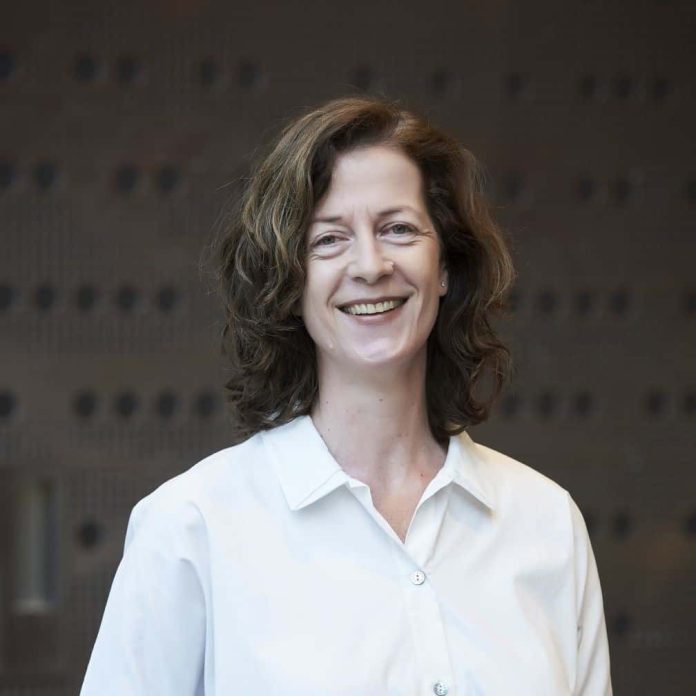In 2018, during a round table discussion at the Nordic Implementation Conference, it was decided it was time to organize a truly European implementation conference. That event will become reality this year: the European Implementation Event (EIE) will take place on 27 and 28 May. An interview with EIE organizers Bianca Albers, Associate Director at the Center for Evidence and Implementation, and Pauline Goense, Implementation staff member at ZonMw.
By Barbara van der Linden and


